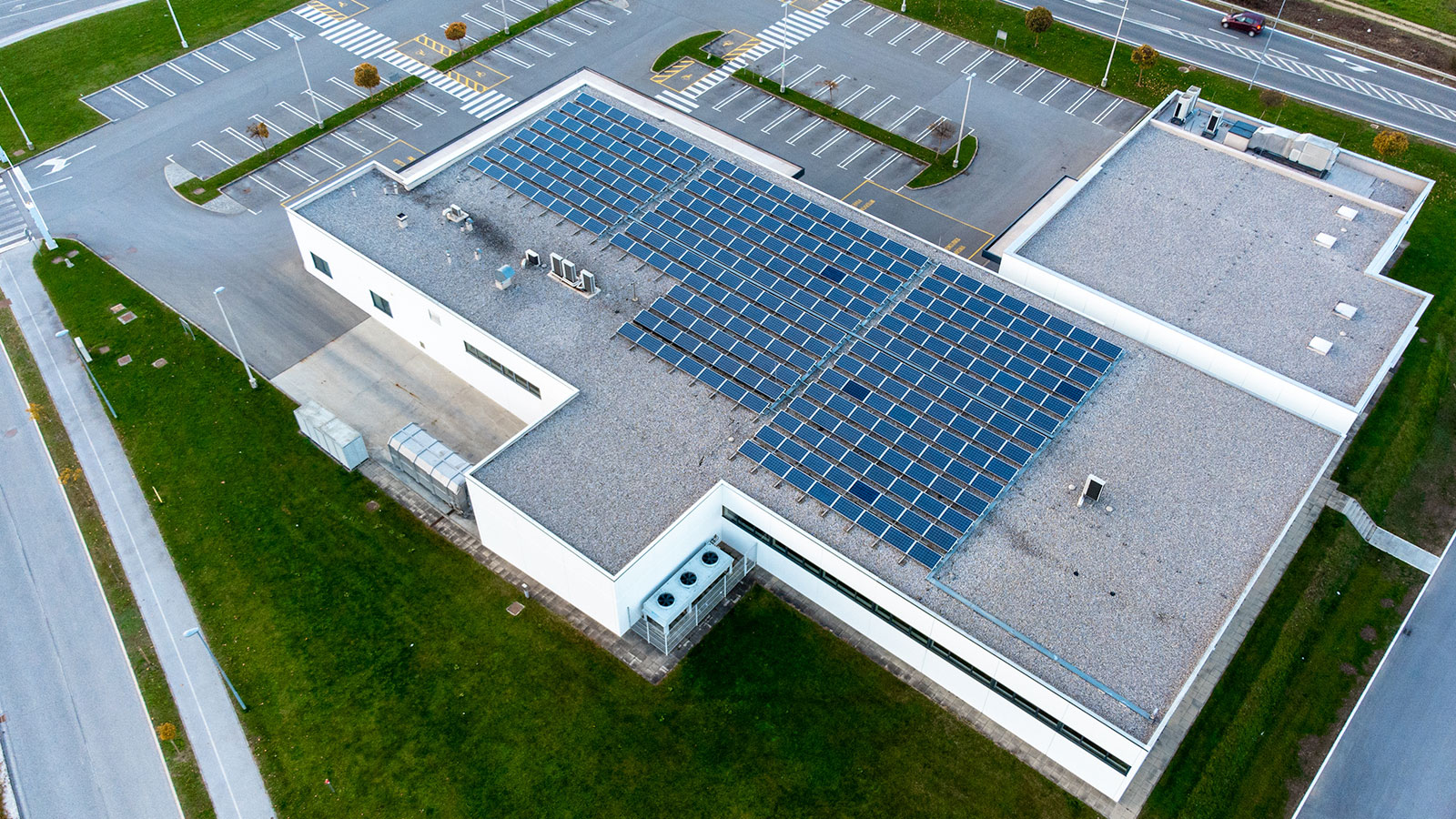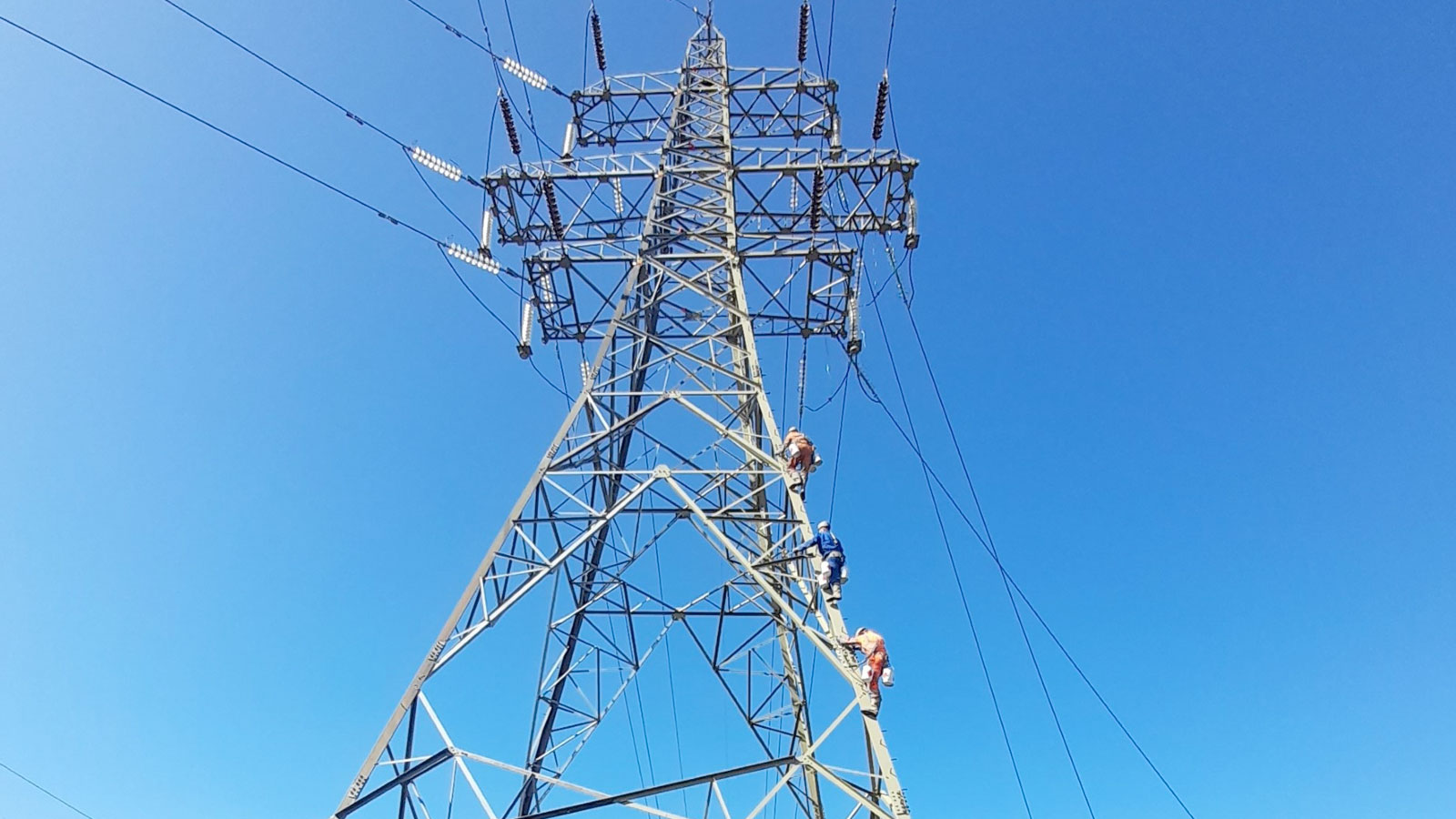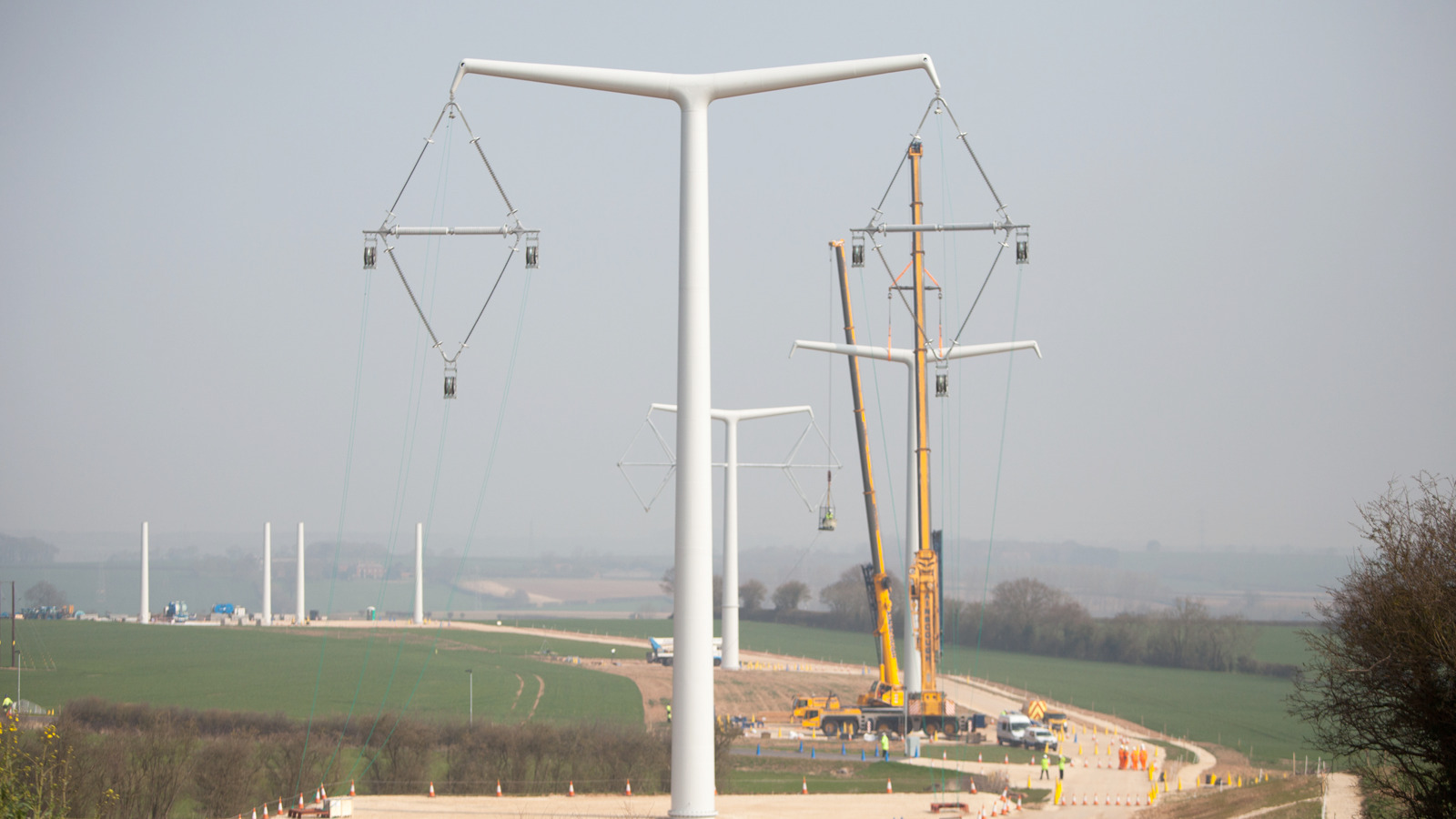The International Energy Agency in Paris has long been a champion of carbon capture and storage development. Nine years ago, they were solemnly projecting that there would be over one hundred CCS plants operating across the developed world by 2020.
Subsequently, progress on CCS has been glacially slow, with concerns about the cost leading the UK to abandon its much touted £1 billion CCS competition in 2015, after several years of keeping such a scheme on offer. That was seen by some, even then, as very unwise. However the slowdown was replicated elsewhere, with work on the flagship US Kemper coal CCS project being halted. Norway, already a CCS pioneer with its enhanced oil recovery technology, has now cut its annual CCS funding 360 million kroner ($45m) to just 20 million kroner ($2.5m)
Some project work continues like the Texan Petra Nova scheme. But the overall message seems to be that for the moment it is game over for CCS. The emergence of renewables costing below seven euro cent per kilowatt hour means there is simply no room for CCS in the power sector. As the present chairman of Eurelectric, ENEL CEO Francesco Starace has pronounced: “I think CCS has not been successful. It doesn’t work. Let us call it what it is – it is simply too expensive, too cumbersome, the technology didn’t fly.”
Recognising the realities, the UK Department of Business, Energy and Industrial Strategy’s latest official projections now have CCS at only 1GW installed in the UK by 2035. And that may be optimistic.I wonder what the IEA’s latest projections are?





